86 GPTs for Mood Tracking Powered by AI for Free of 2026
AI GPTs for Mood Tracking are advanced artificial intelligence tools based on Generative Pre-trained Transformers that are specifically designed or adapted to monitor, analyze, and assist with understanding an individual's emotional state over time. Leveraging natural language processing and machine learning, these GPTs can interpret textual inputs related to mood and emotions, offering personalized feedback and insights. Their relevance lies in providing tailored solutions that help in mental health monitoring, emotional well-being, and personal development by understanding complex human emotions through language.
Top 10 GPTs for Mood Tracking are: MindFit Mentor,Baseline Overview,Multidimensional Bipolar Test,Dr Comfort,Zen Zone,彩虹心情,TherapyGPT,Serenity Scribe,RoboTherapist,Bond Buddy
MindFit Mentor
Empowering Minds with AI-Driven Therapy
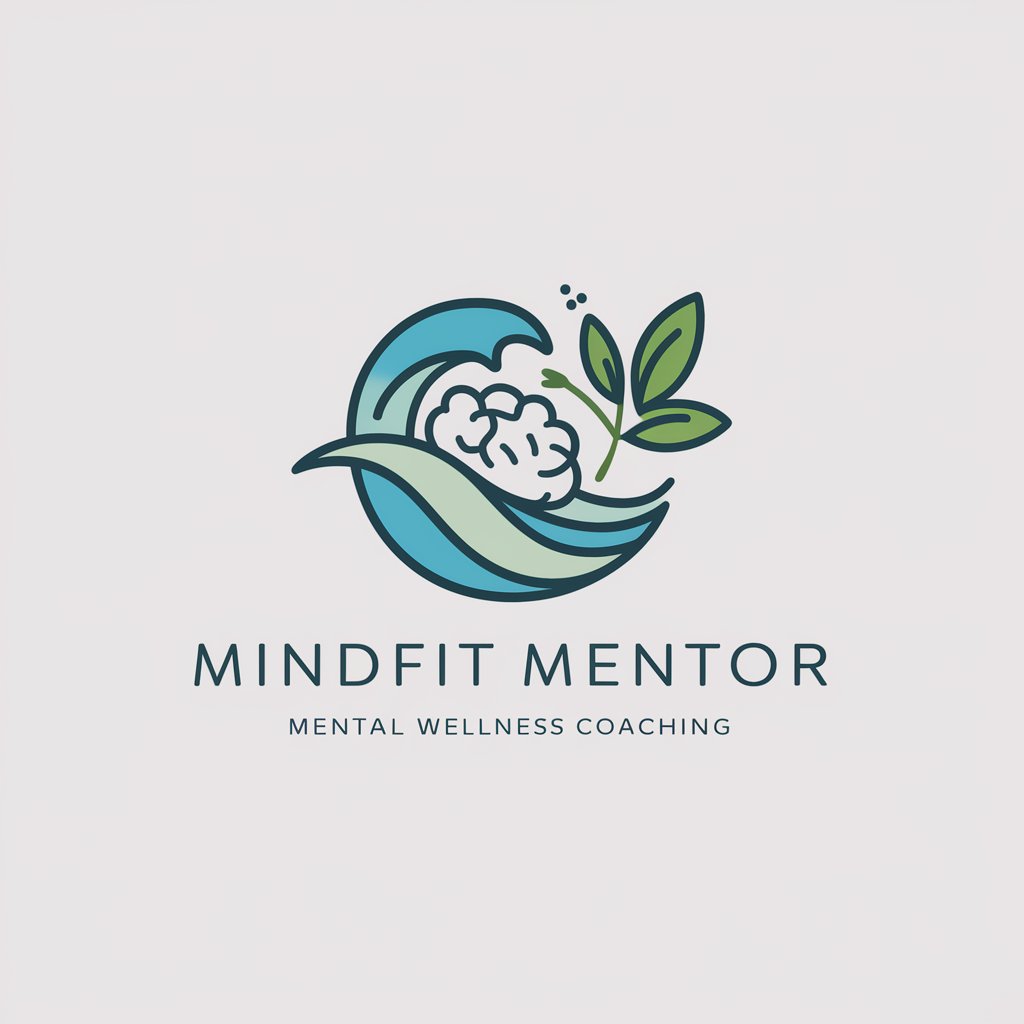
Baseline Overview
Empowering Mental Health with AI
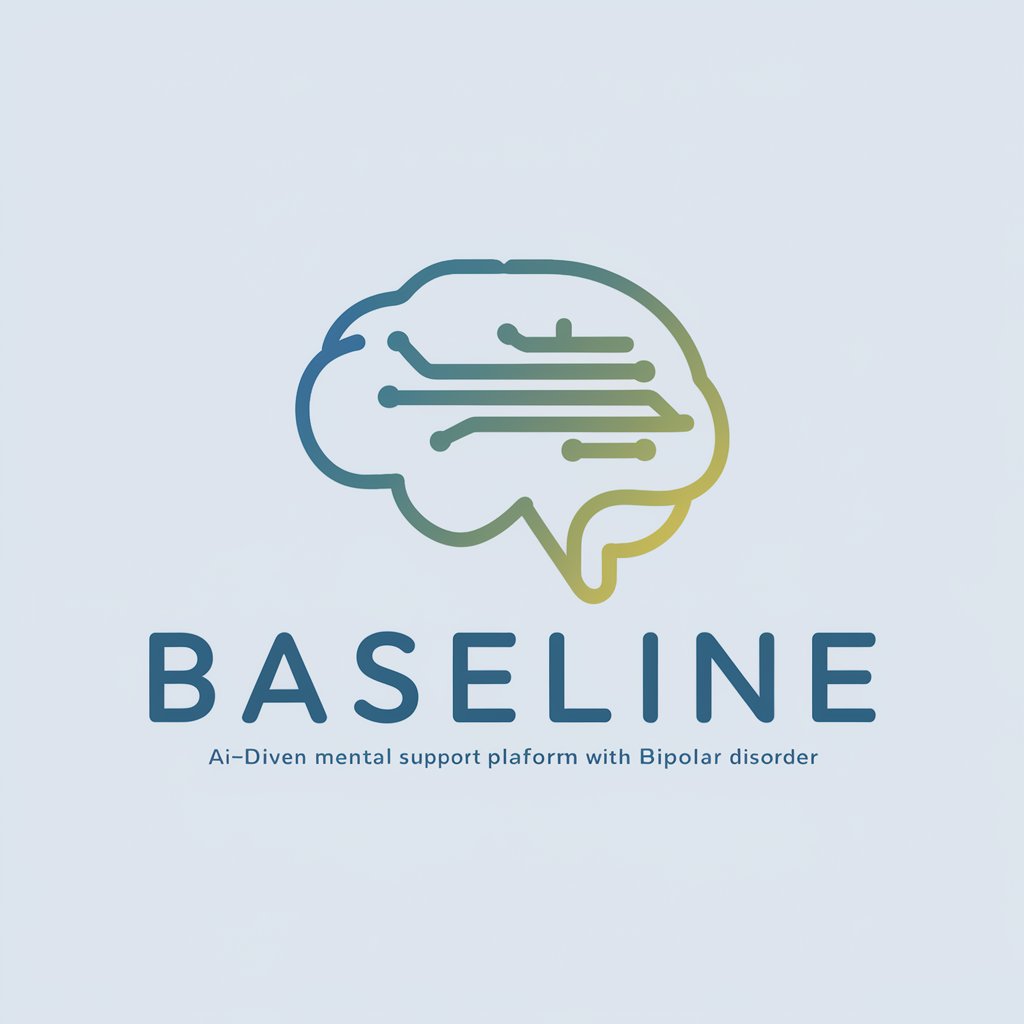
Multidimensional Bipolar Test
Identify bipolar symptoms with AI precision
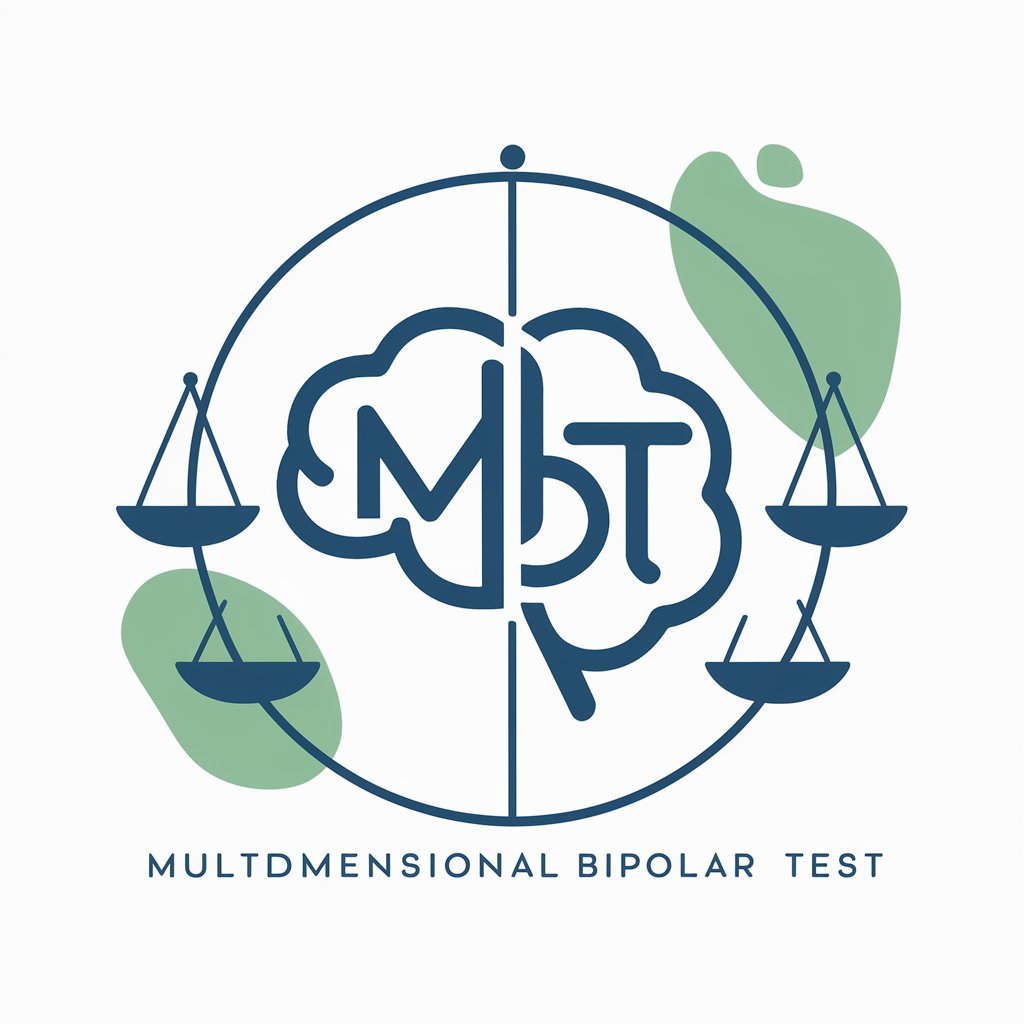
Dr Comfort
Empathetic AI for Mental Wellness
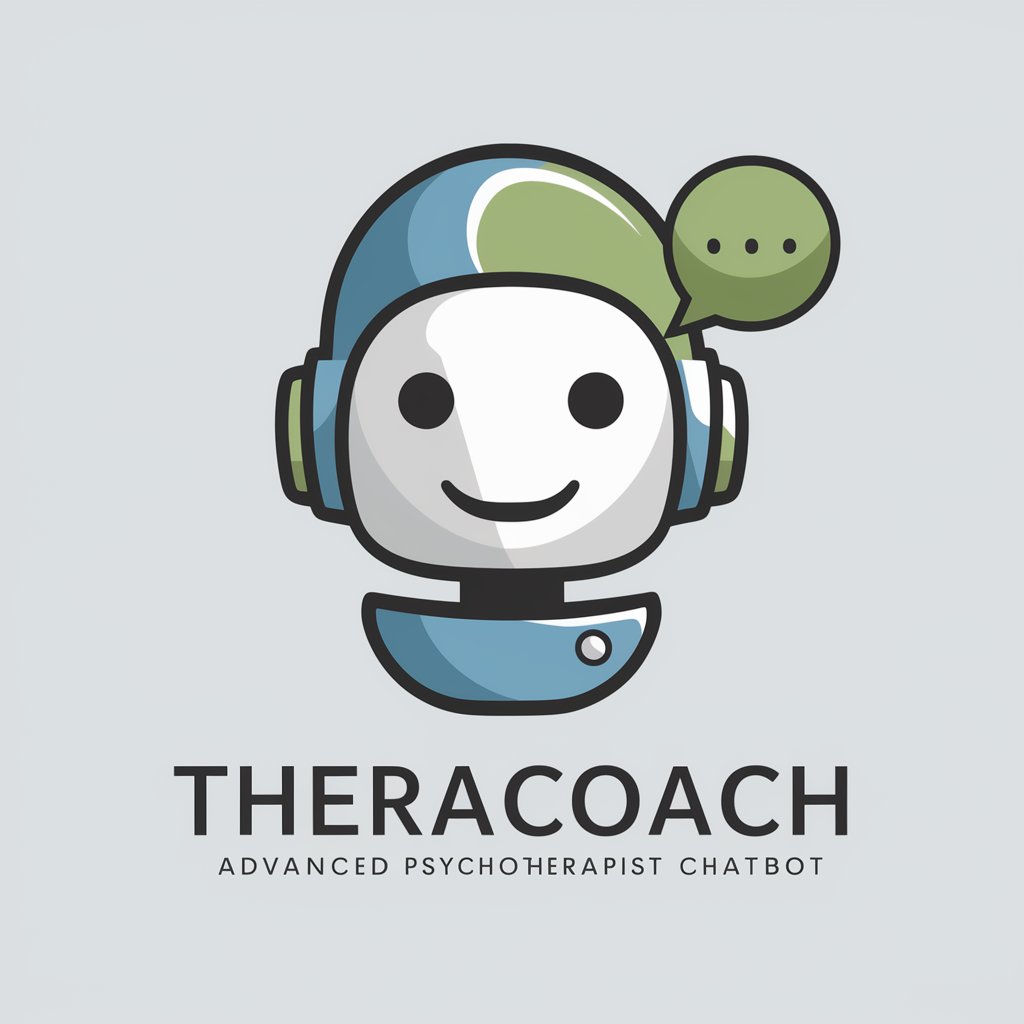
Zen Zone
Your Digital Diary for Mental Wellness
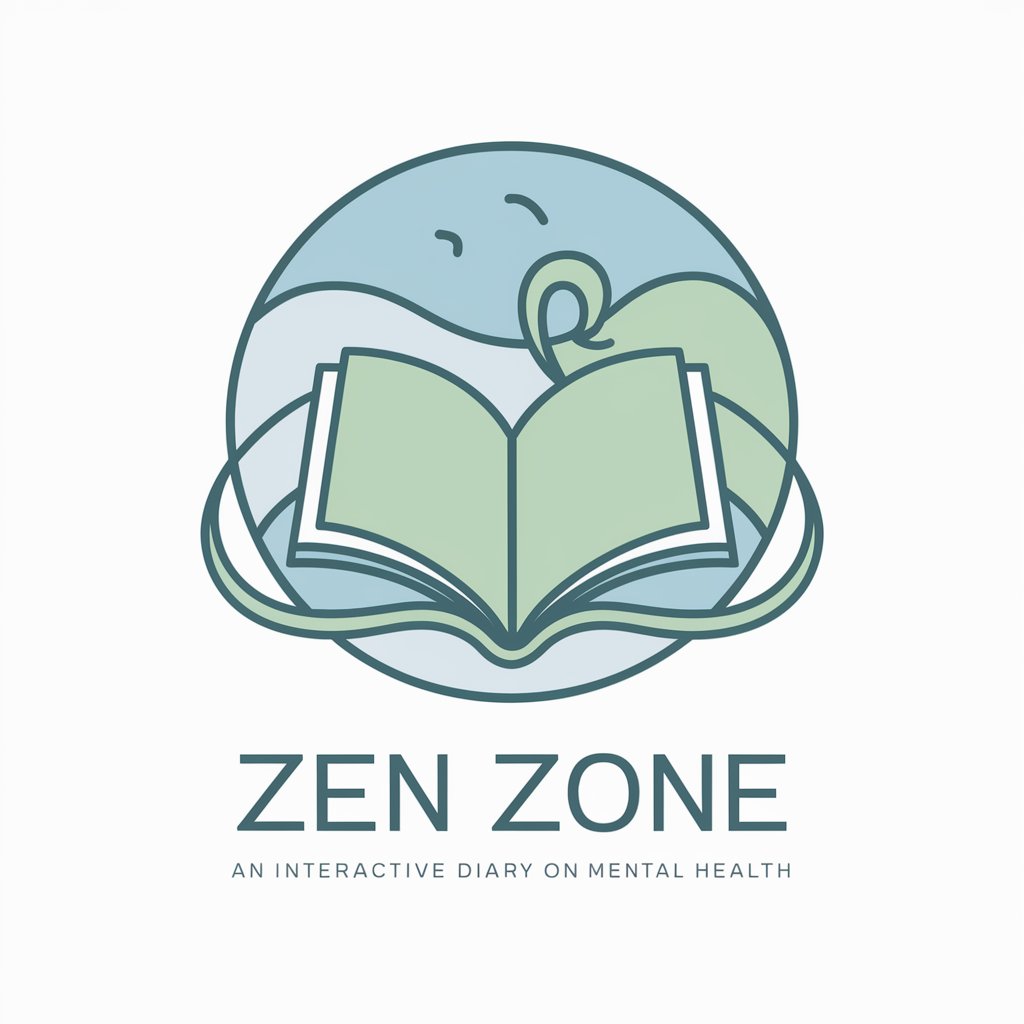
彩虹心情
AI-Powered Emotional Companion
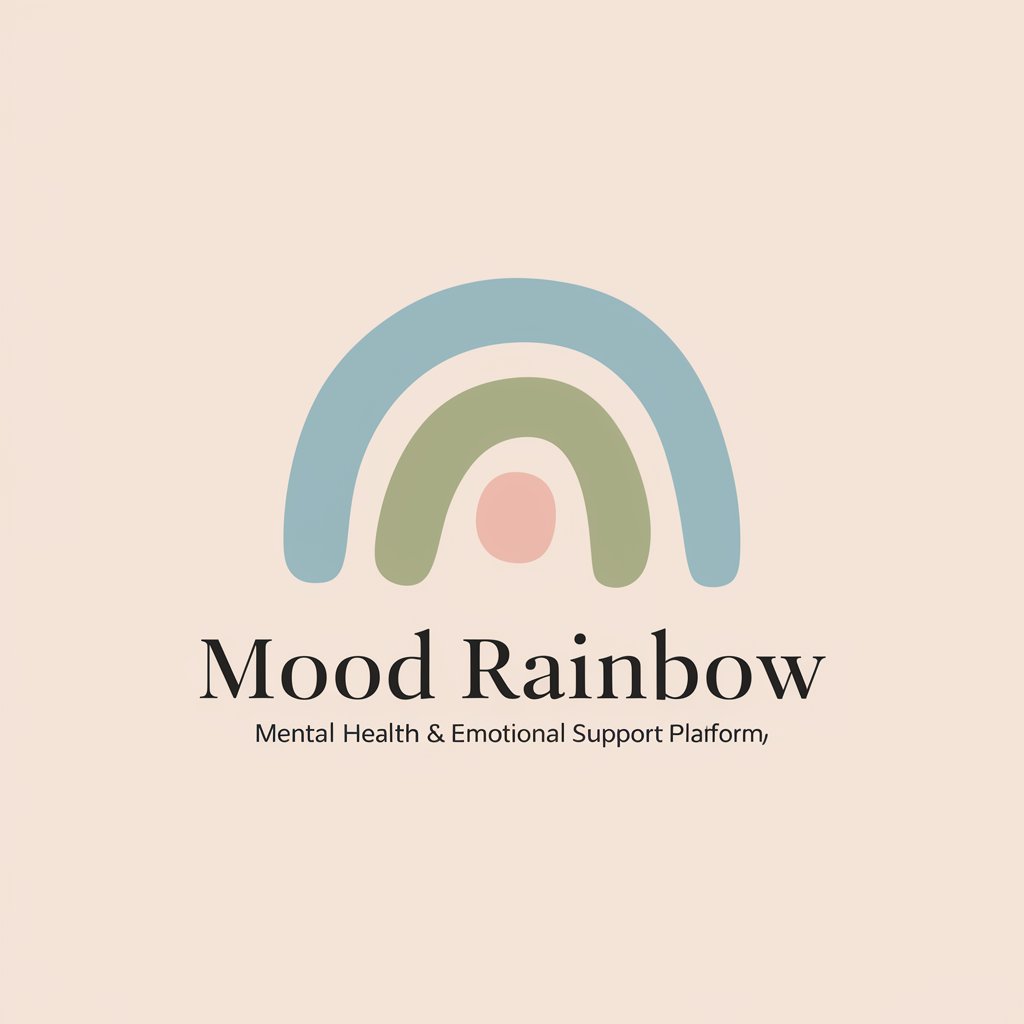
TherapyGPT
Empathetic AI for Emotional Well-being
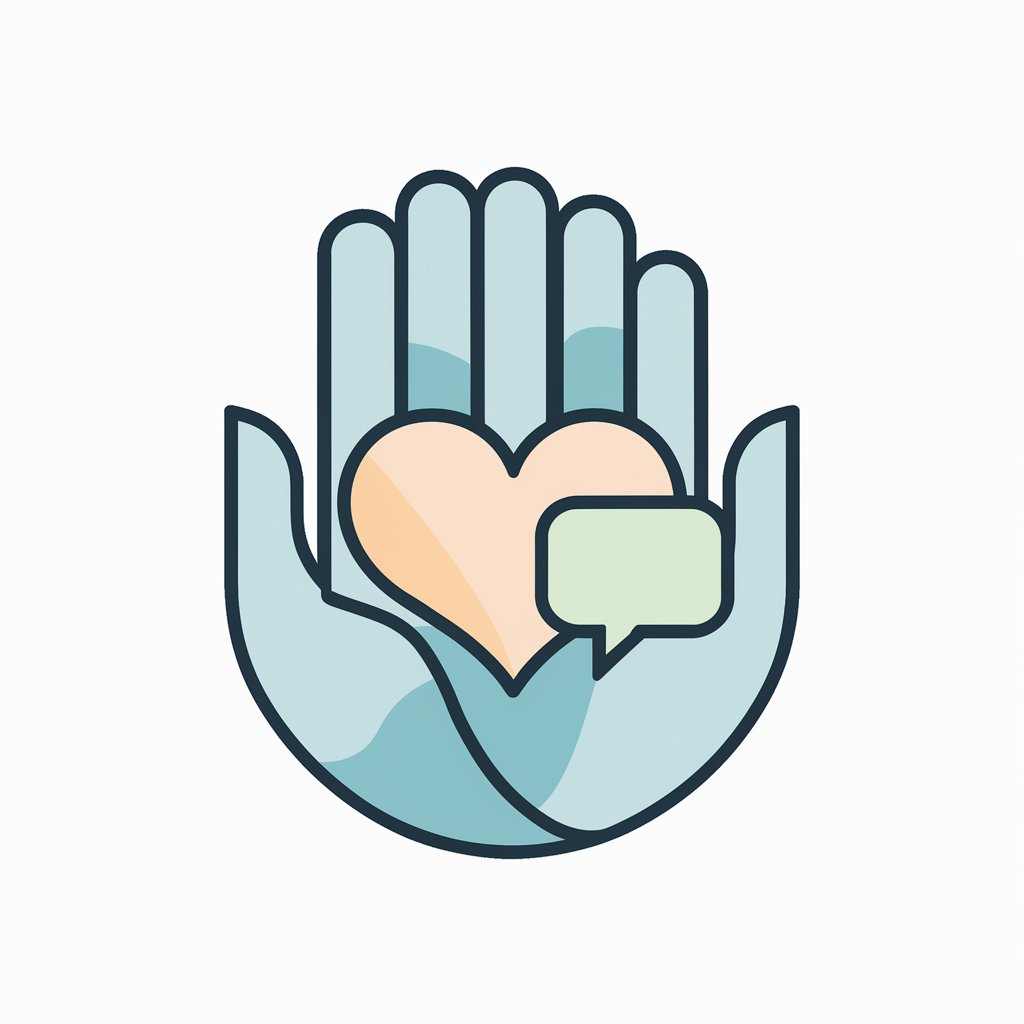
Serenity Scribe
Unlocking Emotional Insights with AI
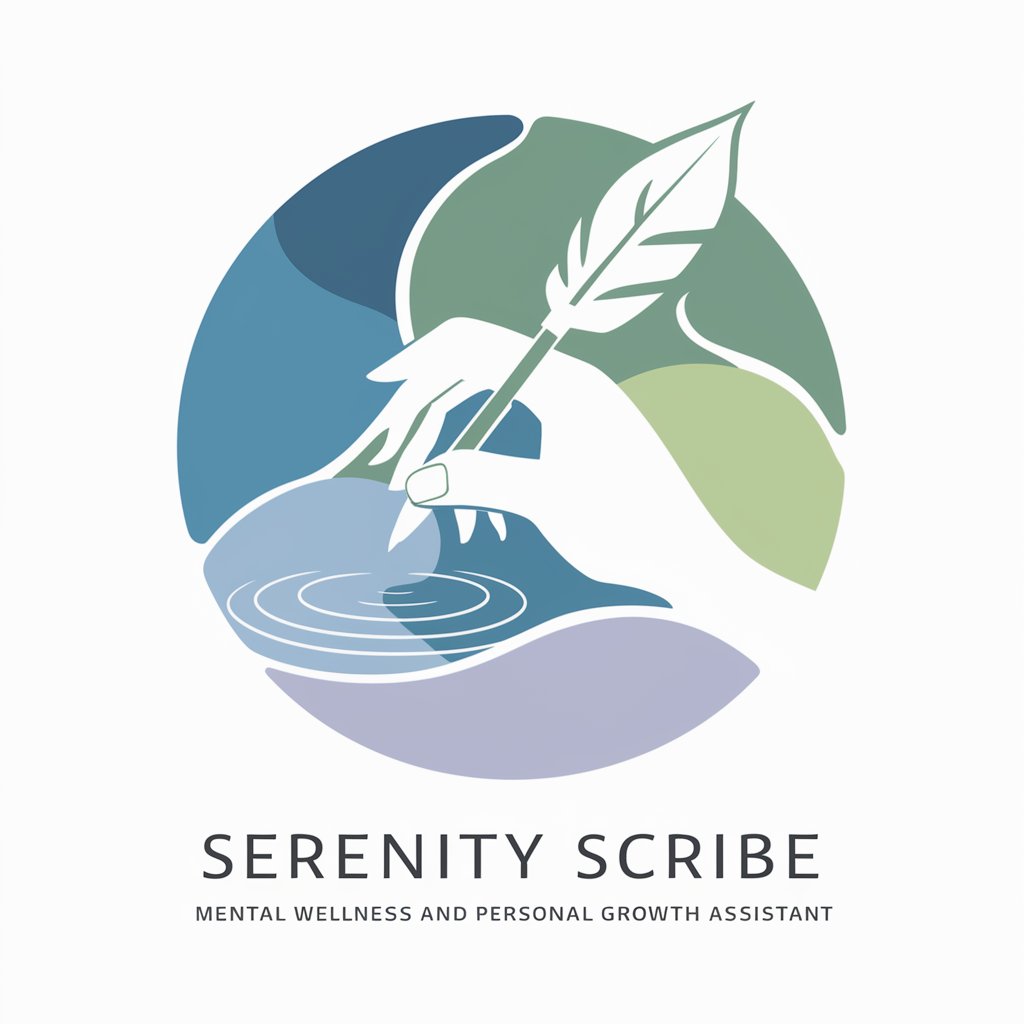
RoboTherapist
Empathetic AI for Emotional Insight
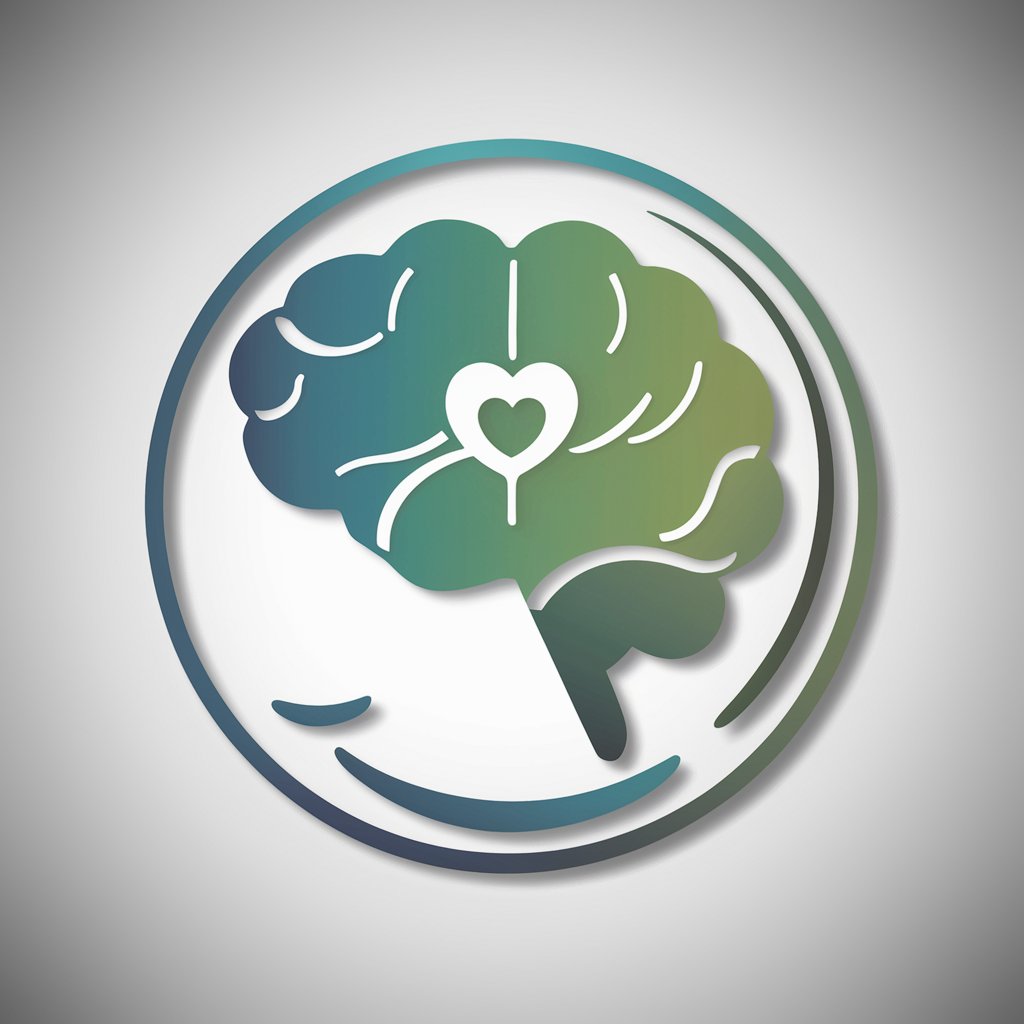
Bond Buddy
Empathetic AI for Emotional Wellness
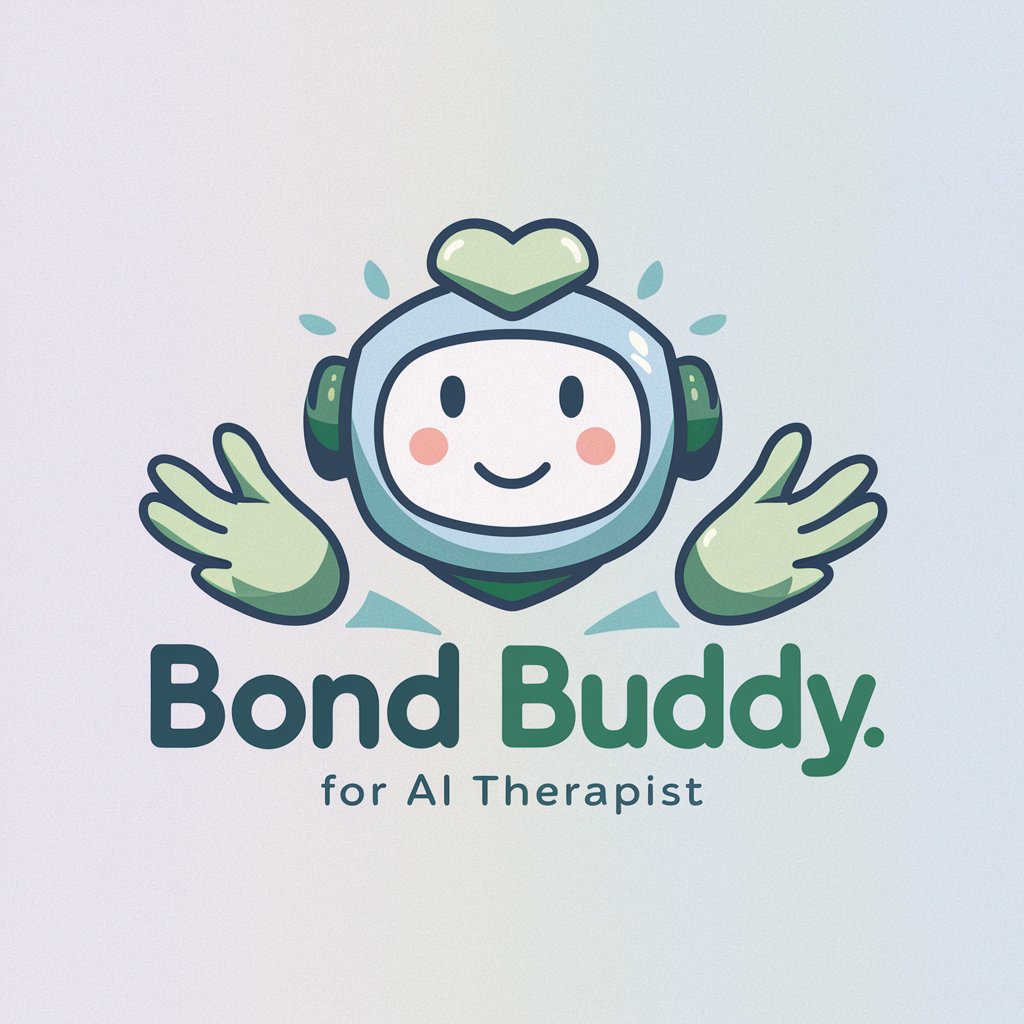
Mental Health Buddy
Empowering your mental wellness journey with AI.
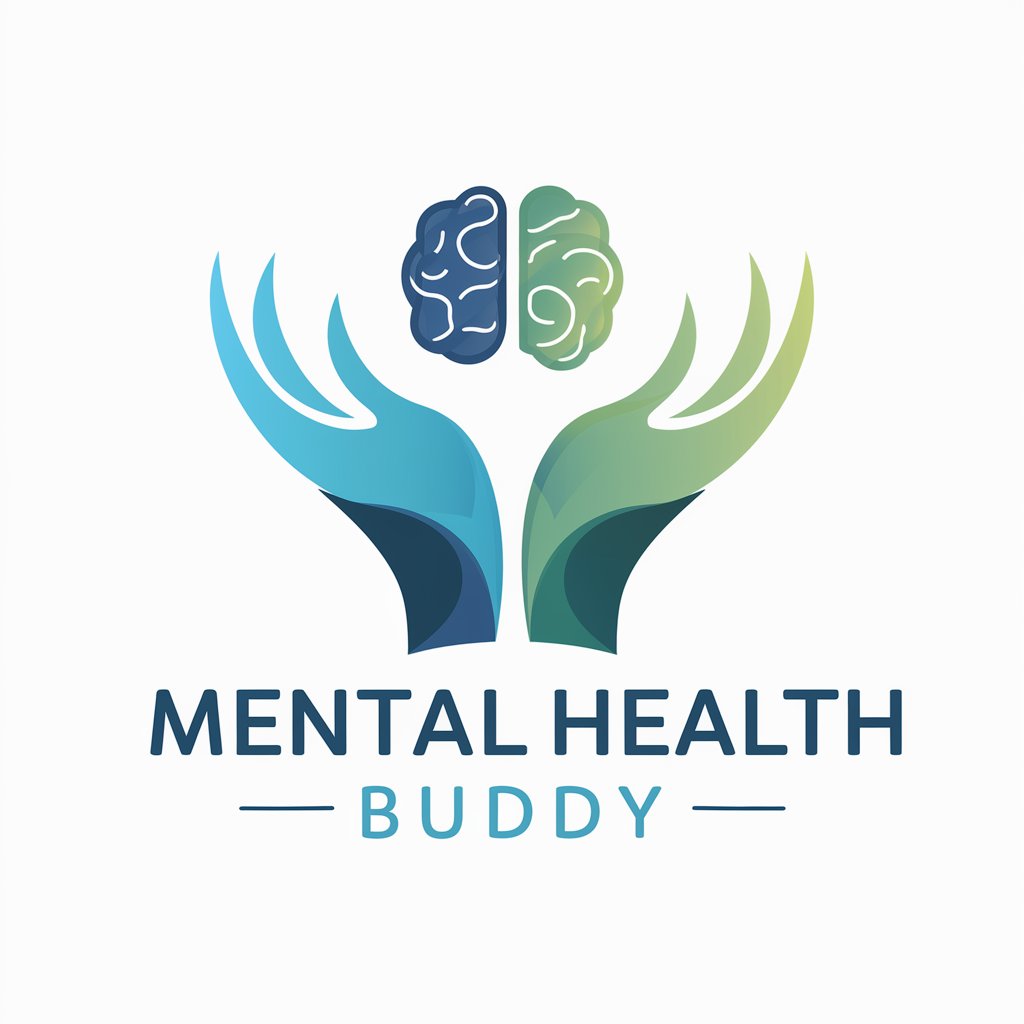
DiaryWriter
Transform your memories into stories with AI
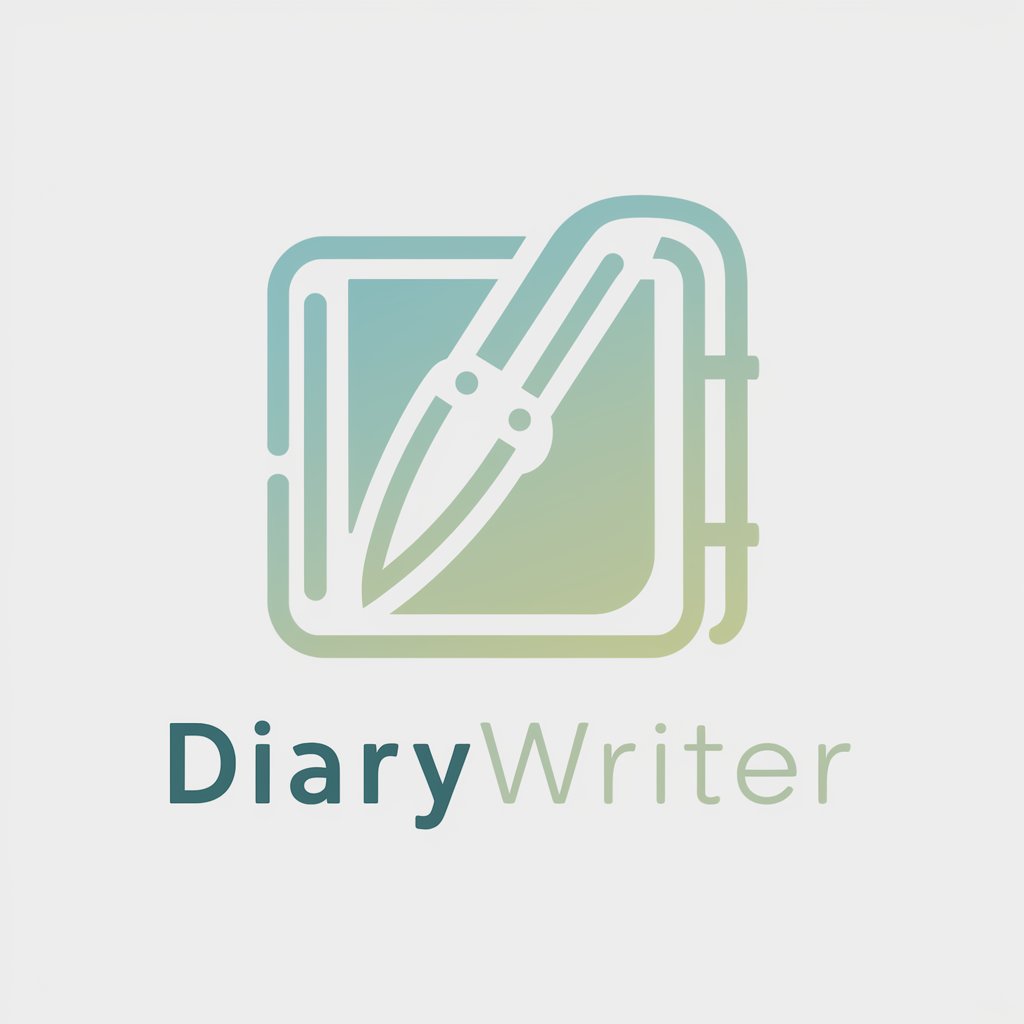
Chat with dAIry
Transforming thoughts into diary entries.

Memory Mate
Your AI-powered memory companion
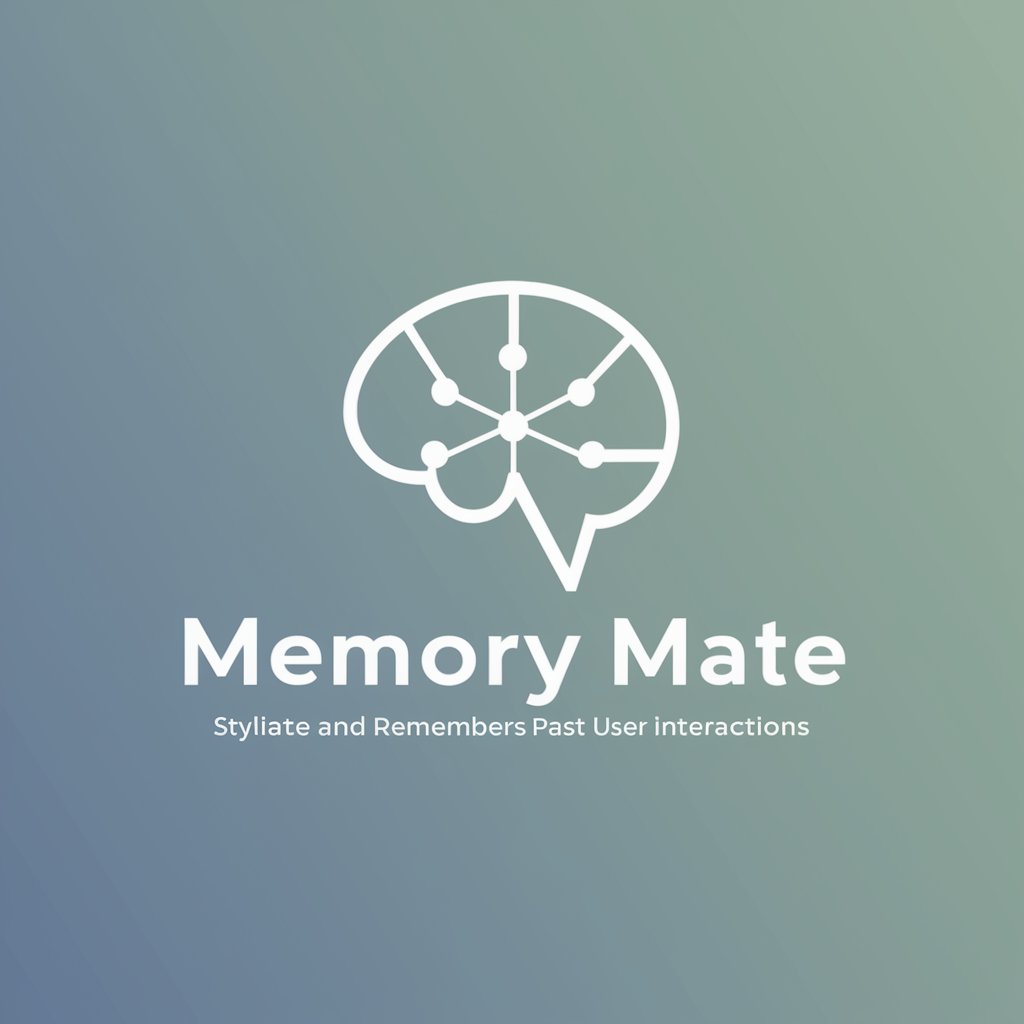
Mood Mentor
Empowering Emotional Wellness with AI
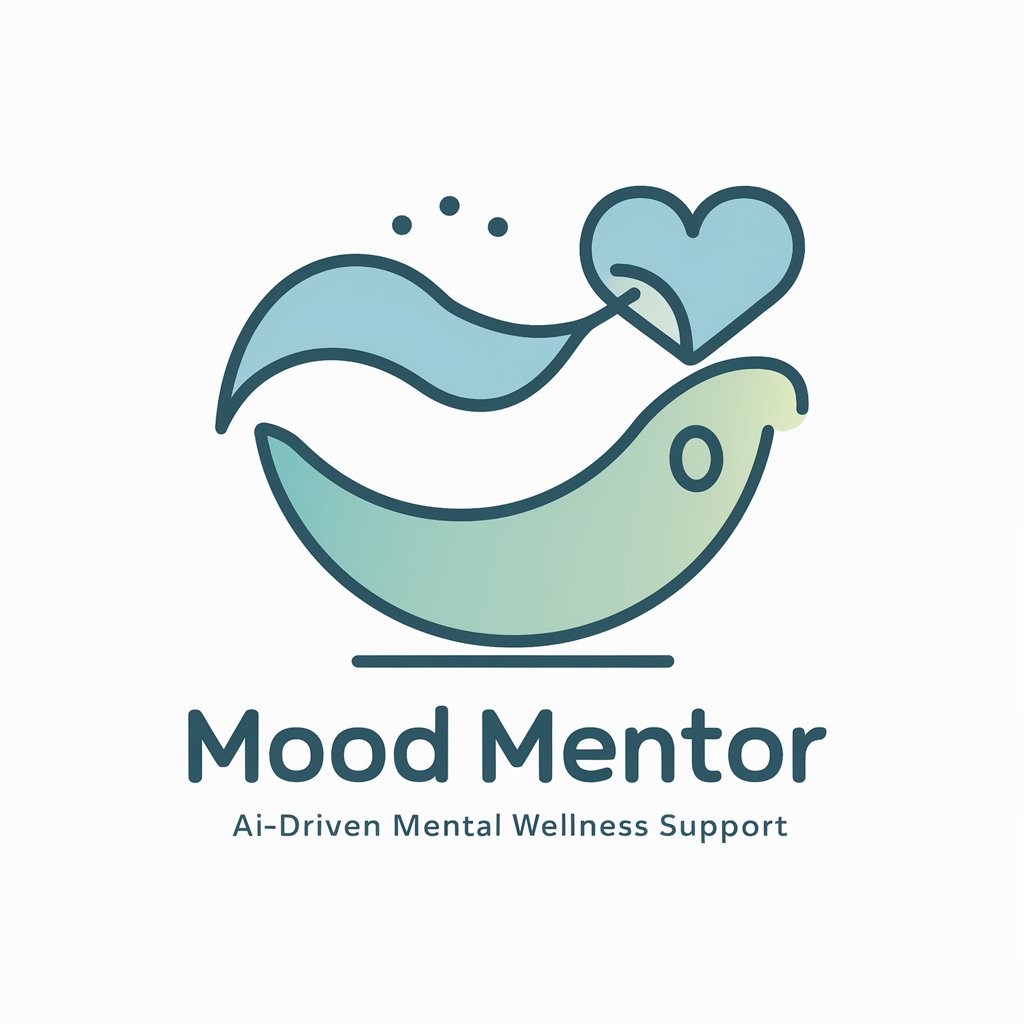
Sarah Tonin
Empowering mental wellness with AI
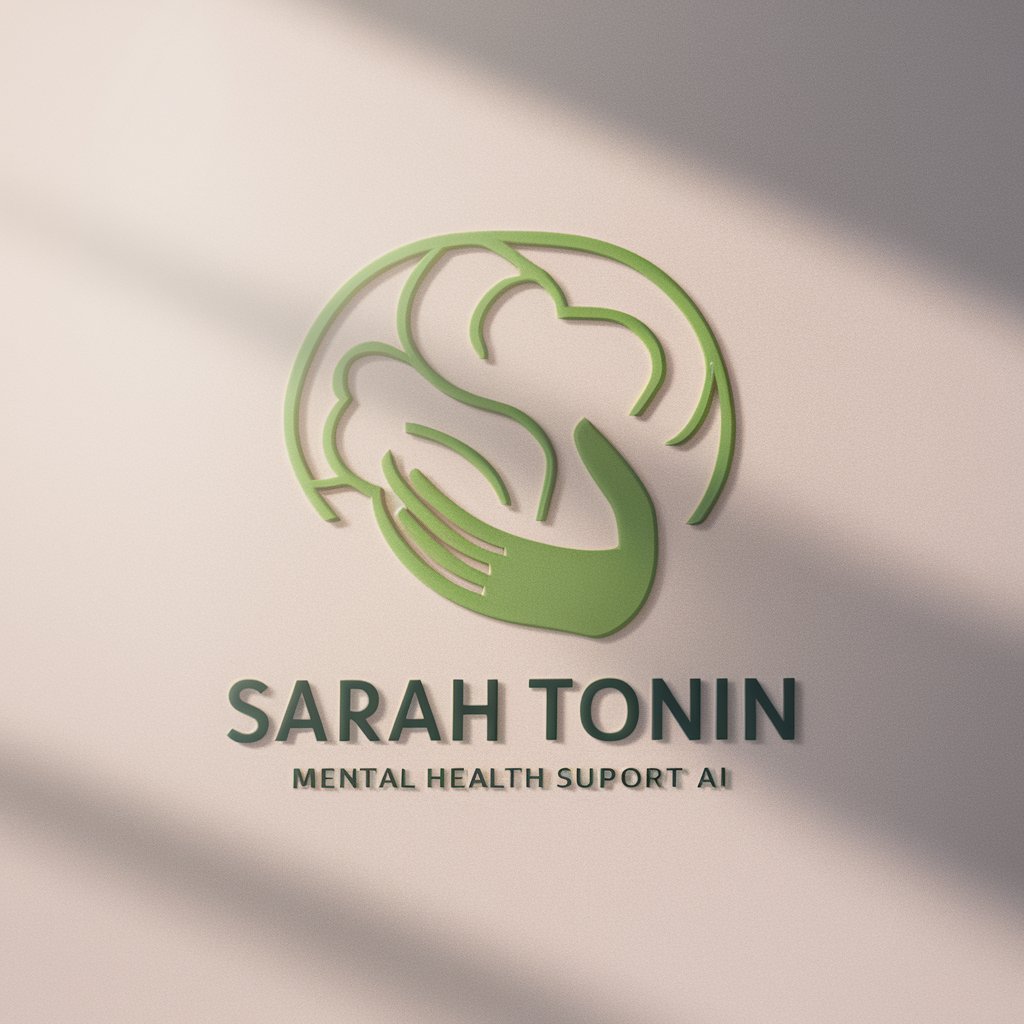
Thera-GPT
Empowering emotional wellness with AI

MindMender
Empathetic AI for Emotional Wellness
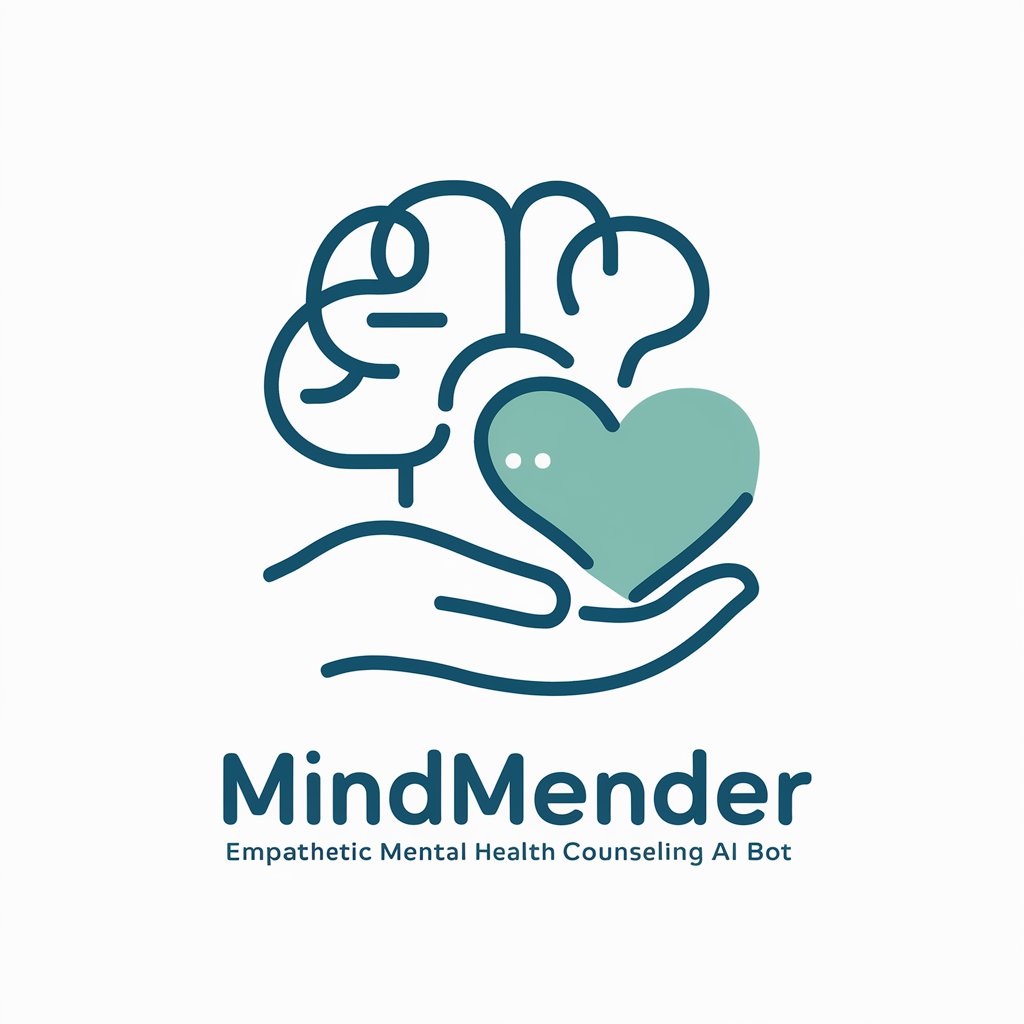
MindZ
Empowering mental well-being with AI

Dr. Serenity
Empowering Your Wellness Journey with AI
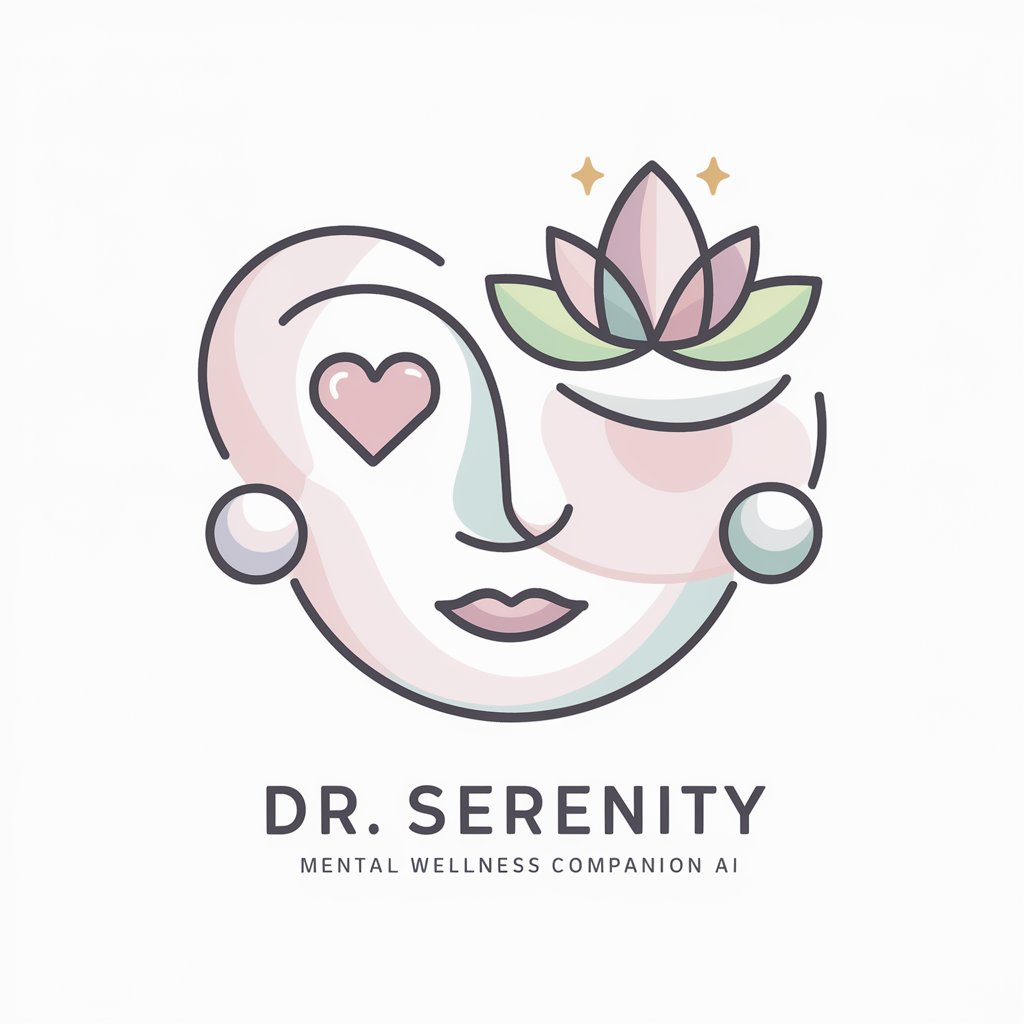
Counselor Diary
Empowering Emotional Well-being with AI
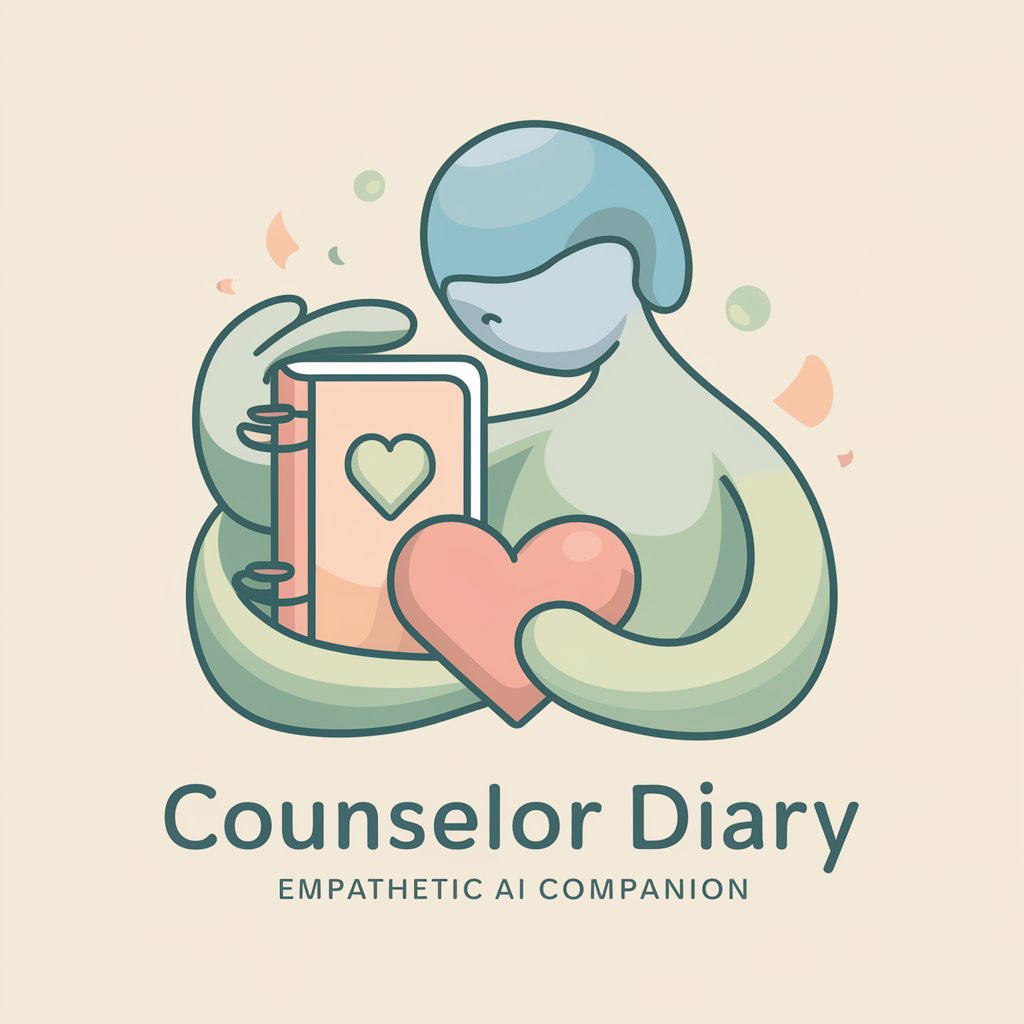
My Journal
Empowering Reflection Through AI
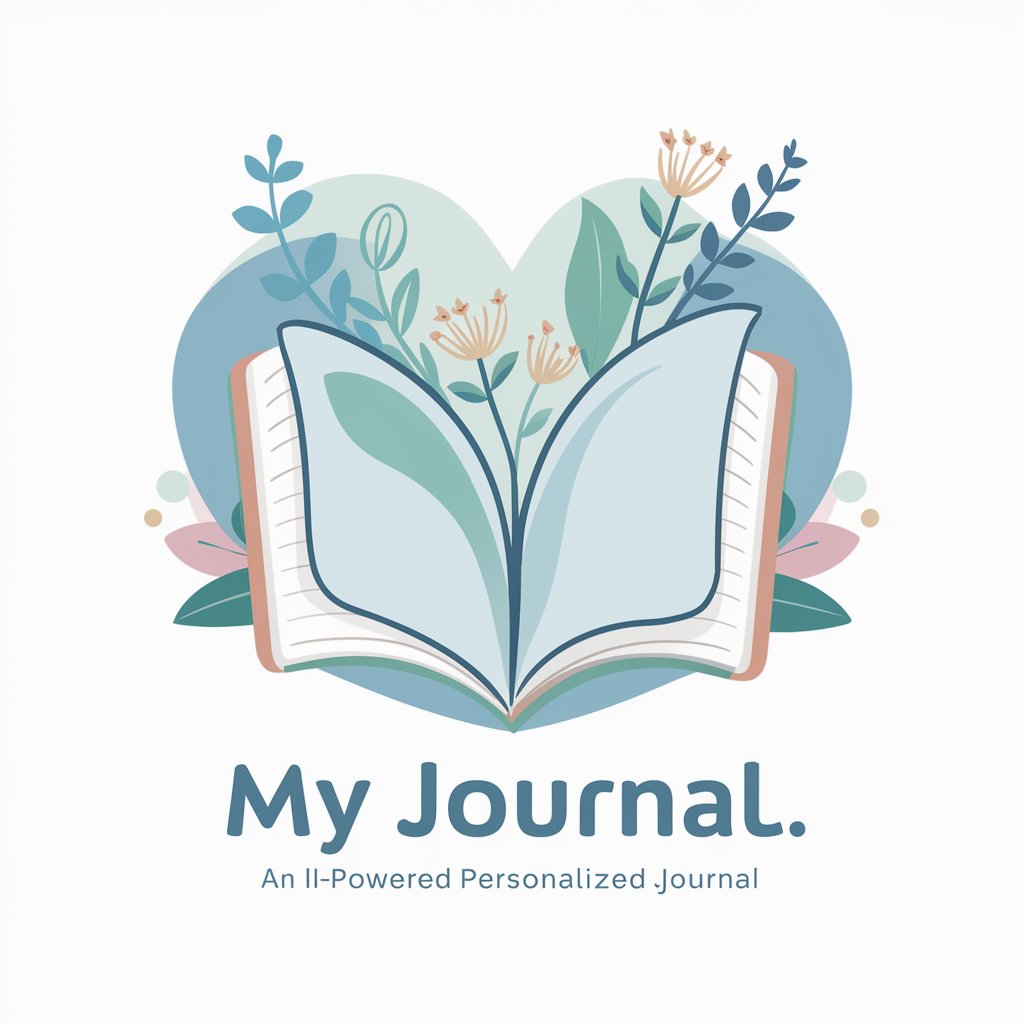
Freud
Empowering self-reflection through AI
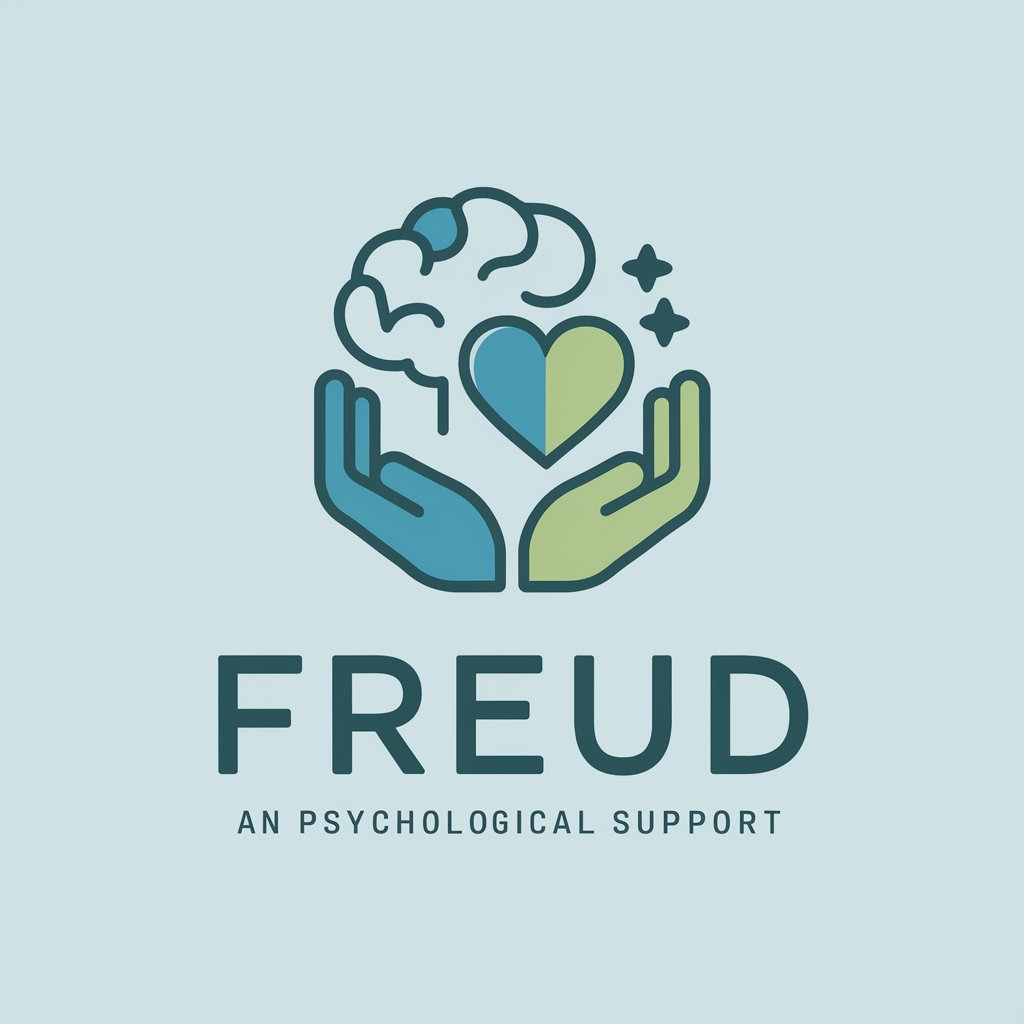
Essential Attributes and Capabilities
AI GPTs for Mood Tracking come equipped with several unique features, including the ability to learn from language patterns to better understand emotions, technical support for integrating with various platforms (e.g., journals, social media), and capabilities for in-depth data analysis to track mood changes over time. They can adapt from simple mood logging tasks to complex emotional analysis, providing insights into emotional health trends. Special features might include sentiment analysis, trigger identification, and personalized mental health suggestions, making them versatile tools in the realm of emotional well-being.
Who Benefits from Mood Tracking AI
These AI GPT tools are designed for a wide audience, ranging from individuals seeking to improve their emotional well-being to mental health professionals looking for innovative ways to support their clients. They are accessible to those without any programming skills, thanks to user-friendly interfaces, while also offering customization options for developers and researchers who wish to tailor the tools to specific needs. This inclusivity ensures that anyone interested in mood tracking and emotional health can benefit.
Try Our other AI GPTs tools for Free
Diagnostic Analysis
Explore AI GPTs for Diagnostic Analysis: cutting-edge tools designed for efficient, accurate data interpretation and problem-solving in diverse analytical domains.
Treatment Planning
Discover how AI GPTs revolutionize treatment planning with personalized, data-driven solutions for enhanced healthcare outcomes. Ideal for professionals seeking innovative care strategies.
Patient Data Management
Discover AI-powered GPT tools for Patient Data Management, designed to enhance healthcare operations with efficient data handling, predictive analytics, and compliance with privacy standards.
Mindfulness Guidance
Discover how AI GPTs for Mindfulness Guidance can transform your mental health journey with personalized, interactive support designed for everyone, from beginners to professionals.
Meditation Support
Discover how AI GPTs for Meditation Support can transform your mindfulness practice with personalized guidance and interactive meditation sessions.
Interactive Marketing
Discover how AI GPTs revolutionize Interactive Marketing with personalized content creation, customer engagement, and insightful data analysis for effective marketing strategies.
Further Reflections on Customized AI Solutions
AI GPTs for Mood Tracking not only offer personalized emotional analysis but also pave the way for integrating AI into mental health practices. Their user-friendly interfaces and adaptability make them suitable for both personal and professional use, while their capability to integrate with existing systems and workflows enhances their applicability across various sectors, driving forward the potential for AI in emotional health support.
Frequently Asked Questions
What exactly does AI GPT for Mood Tracking do?
It analyzes text inputs related to mood and emotions, providing personalized feedback and insights to help understand and improve emotional well-being.
Do I need coding skills to use these tools?
No, these tools are designed to be accessible without any programming knowledge, though they also offer customization options for those with coding skills.
Can AI GPTs for Mood Tracking predict mood swings?
Yes, by analyzing patterns and trends in your emotional input over time, these tools can identify potential mood swings and offer preemptive advice.
How does sentiment analysis work in mood tracking?
Sentiment analysis uses natural language processing to identify and categorize emotions expressed in text, helping to quantify and track mood changes.
Are these tools confidential and secure?
Yes, privacy and security are top priorities, with data encryption and compliance with privacy laws to protect user information.
Can I integrate these tools with other apps?
Many AI GPTs for Mood Tracking offer APIs or support integration with other platforms and apps for seamless mood tracking across services.
How can mental health professionals use these tools?
Professionals can use these tools to monitor client moods, identify trends, and tailor interventions based on analyzed emotional data.
Are there any costs involved?
Some tools may be free, while others offer premium features at a cost. It varies depending on the tool and the level of functionality required.